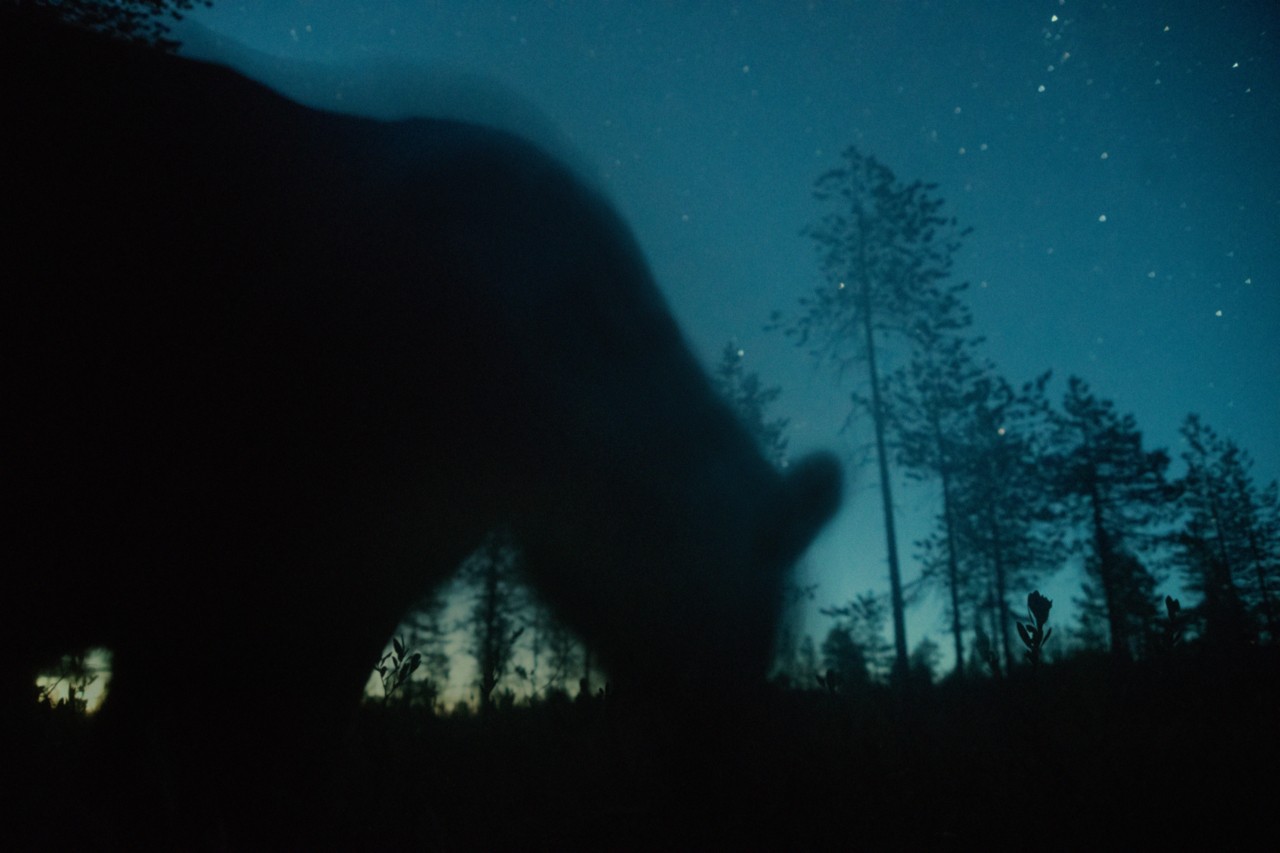
Photograph by Pal Hermansen / NaturePL
words by willow defebaugh
“The heavier the burden, the closer our lives come to the earth, the more real and truthful they become. Conversely, the absolute absence of burden causes man to be lighter than air, to soar into heights, take leave of the earth and his earthly being, and become only half real, his movements as free as they are insignificant. What then shall we choose? Weight or lightness?” —Milan Kundera, The Unbearable Lightness of Being
We didn’t see them coming, those two yellow eyes in the middle of the highway, haunted by the glare of our headlights. It was half past midnight as we drove through the winding roads of upstate New York, the pitch black pouring in through open windows. Orchestral music was playing, an outro of summer in late August, and I remember looking at my then lover in the driver’s seat and thinking it cinematic. That was the last thought I had before we hit it: the bear.
Given the ways in which I’ve devoted my life to them, it’s strange to think that one of the most impactful moments I’ve had with an animal was its death. Stranger still is that I’ve taken so long to write about it, but I believe in making sure an experience is yours before you give it away. I’ve thought about that bear many times over the last eight years, and have developed a unique reverence for animals of the family Ursidae—for the weight of that loss, and all it gave back.
Only eight species of bears exist: Asiatic black bears (also known as moon bears), sun bears, giant pandas, sloth bears, polar bears, spectacled bears (or Andean bears), brown bears (including grizzlies), and North American black bears like the one I encountered. Sadly, all of these animals are on the IUCN’s Red List of Threatened Species due to illegal hunting, habitat loss, and climate change. And every one of them is worthy of our awe and wonder.
Bears range in size from as small as 60 pounds in the case of the sun bear to the more than 1,000 pound polar bear. Despite their lumbering and awkward appearance, they are actually quite fast and mobile, even when traversing thicketed terrain that would slow many other animals down. They are adept swimmers and climbers, too. They have poor sight and hearing but an exceptional sense of smell, and are usually silent creatures. They carry their weight with quiet ease.
Finding sustenance from many sources, bears are omnivores. Polar bears are the most carnivorous, hunting mostly seals. American black bears prefer fruit and insect larvae, while many brown bears stick to salmon. Meanwhile, pandas dine almost exclusively on bamboo, devoting up to 16 hours to devouring 20 to 40 pounds per day. Sloth bears slurp up entire termite mounds with their specialized funnel-like lips. And all bears do, in fact, like honey; as ferocious as they may seem, they also have a taste for sweetness.
For a number of bear species, all of this hunting and foraging comes of use when winter arrives. When food sources become scarce, they enter a state of hibernation—lowering their heart rate, temperature, respiration, and metabolism as they slip into a deep sleep. Brown and black bears can go for as long as 100 days without eating, drinking, or relieving themselves thanks to the nourishment they have stored up. In the arms of rest and safety, they have developed a survival tactic born of all they have shouldered.
It is unbearable at times, the weight of loss. And while I do not believe that things happen for a reason, I do believe that we can find reason from the things that happen. I never could have known that night standing by the side of the road that one day I would look back and see that painful incident with the bear as the first in a constellation of events that would eventually lead me here, to a life I love so deeply. Loss is unavoidable, but when we come to hold it with reverence, it transmutes. It becomes a sacrifice—something holy.
Bearing Weight